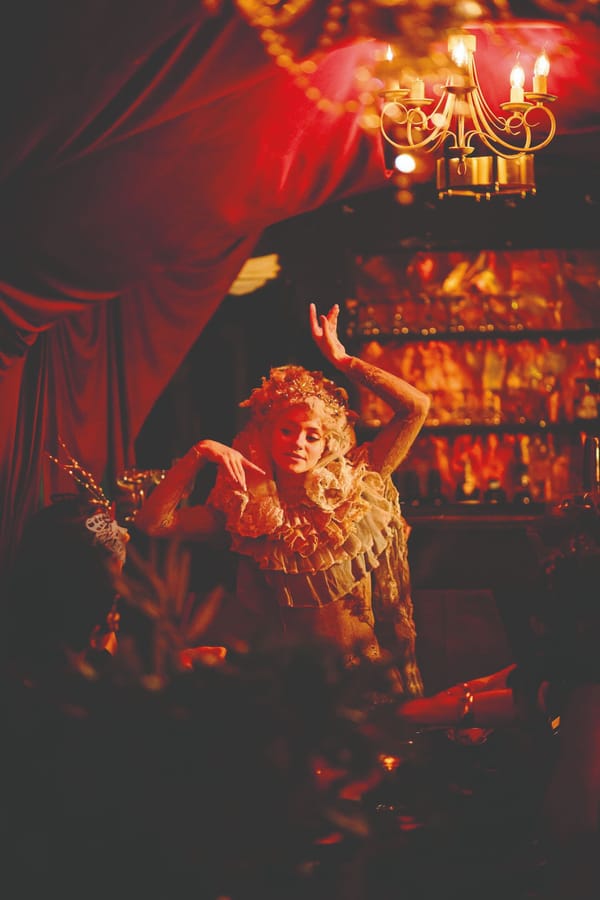A Soviet Still Life in Eight Chapters - Theatre of Nations
A collection of stories by Vasily Shukshin, visited the Barbican under the direction of Latvian Alvis Hermanis to an audience more Russian than Kandinsky’s caviar
4 stars
The themes of the stories are centred mostly on the everyday aspects of social life. The characters are not extraordinary in their feats of achievement but shine through with their touching realness. When the curtains part, a bench is revealed, which takes up most of the stage, and will throughout serve as several metaphorical spaces, testing the ability of actors to convince us of their characters. This they do brilliantly. Behind the bench are three large picture panels. In the the first play they show beautiful sunflowers in summer sunshine, while in the last the flowers appear withered. These panels, along with the costumes, are the only visual context given to the stories. These are mostly concerned with life in the countryside or at the intersection of rural and urban life – and the associated challenges common to this juxtaposition characteristic of newly industrialized nations.
The first story is opened by the narration of two cheery but blunt village ladies, sitting on one corner of the humongous bench and shedding sunflower seeds all over the floor. Their demeanour and tone give the immediate impression of a gossiping babushka, all too known to me as a fellow Slav from a small town. The wholesome story gives a glimpse of the cyclical nature of life especially evident in slow-paced rural areas, and comments on the illusive nature of the generation gap. As a son asks his father for help in the courtship of a love interest the awkwardness is palpable, the acting brilliant, and there are the constant shouts of advice from a grandad drunk off vodka. How lovely!
While some stories are quite placid, others have more of an agenda. The second half of the three-hour performance kicked off with a story of a man madly in love getting his heart broken by a wife that everyone else had seen for a twisted seductress. It raises the question of the point of disillusionment, and answers it with the protagonist’s declaration to the effect of: “This is a mighty hangover… But it was a hell of a party.”
There is another story of a man of country blood marrying a Muscovite, going through a turbulent sequence of moments of infectious love-happiness and utter despair, before losing his mind, threatening to kill his wife, and finally committing suicide. It is a Russian specialty to drive chinks in characters’ psyches from utter banality to the rawest human emotions, and Shukshin does it brilliantly.
My favourite one, though, is of the blind accordion player, who only sang sad songs. With the advent of broadcasting technology, the city noises began to drown him out, and the state eventually offered him a pension in order to stop him bumming everyone out with his singing. When at the end, a possible conclusion is offered by some teenagers wanting to archive old folk songs and grant him new purpose, it is snatched away by the sad fact that all the songs the man can sing had already long been recorded and archived. It is a comment on the role of the artist, his need for an audience, and how technology, a totalitarian regime’s strong hand, and most importantly, time, can all combine to make his art irrelevant. But, as Bulgakov said, manuscripts don’t burn, and the touching stories of Shukshin continue to hold great power even today.







